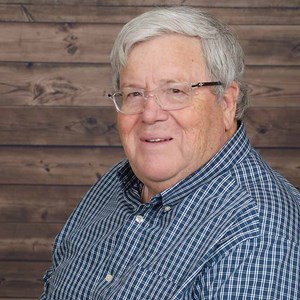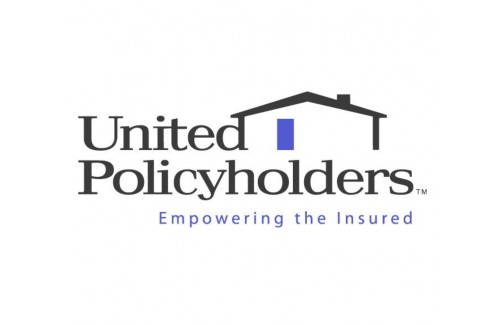Virtually every aspect of insurance involves the public trust. The insurance industry does not disagree. This was a point we made in an amicus brief filed in Jacobsen vs. Allstate Insurance Company, a case pending before the Montana Supreme Court.
The case involves allegations of claims handling wrongdoing arising out of Allstate’s Claims Core Process Redesign Program. I have written about Allstate’s practices in a number of posts, including Allstate Testifies Today, Ed Liddy, David Berardinelli’s Fight Against Allstate’s Claims Culture, and Reflections on Insurance Disputes and Adjustments After Two Weeks in Italy.
Our brief makes clear that the insurance industry acknowledges its unique position and responsibility to act in the public trust. For example, we cited publications written by the American Insurance Institute:
The trend toward permitting third parties to have an extra-contractual right of action under the new statutes seems to be a matter of public policy designed “to gain prompt compensation of injured persons, encourage settlements, and discourage litigation. Insurers may not sit back and relax simply because court congestion shields them for a time.”
and,
The business of insurance, perhaps more than any other, is based on trust and commitment. Insurance products are intangible and simply reflect a promise on the part of insurance companies to indemnify insureds for financial losses if an insured event occurs in the future. The contract between the insurer and the insured is a contract of utmost good faith and requires honesty and trust from both parties.
We also noted that claims managers and executives with CPCU designations acknowledge insurance serves the public trust by agreeing to abide by a Code of Ethics, which states in part:
CANON 1: “Insurance professionals should endeavor to place the public interest above their own.”
CANON 2: “Insurance professionals should seek continually to maintain and improve their professional knowledge, skills and competence.”
CANON 3: “Insurance professionals should obey all laws and regulations; and should avoid any conduct or activity which would cause unjust harm to others.”
CANON 4: “Insurance professionals should be diligent in the performance of their occupational duties and should continually strive to improve the functioning of the insurance mechanism.”
CANON 5: “Insurance professionals should aspire to raise the professional and ethical standards in the insurance and risk management profession.”
CANON 6: “Insurance professionals should strive to establish and maintain dignified and honorable relationships with those whom they serve, with fellow insurance professionals, and with members of other professions.”
Many think that insurance companies act only for selfish pecuniary motives. This is not so for a great many people in the industry. However, we did point out in our argument how unfair it is to allow some to disregard the public interest without consequence:
. . .Bad actors that refuse to adhere to ethical claims conduct should not get a competitive advantage over those that play by the rules. Failing to enforce complete legal accountability encourages more institutional wrongful behavior because rules and standards are meaningless.
Without accountability for breaching obligations of good faith claims handling, claimants, the insurance industry, and the public are harmed. The law not should minimize these obligations. . . .
United Policyholders was the amicus curiae. I encourage other consumer oriented attorneys to participate in the United Policyholders pro bono amicus project.



